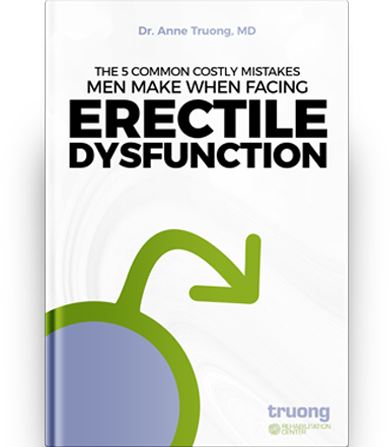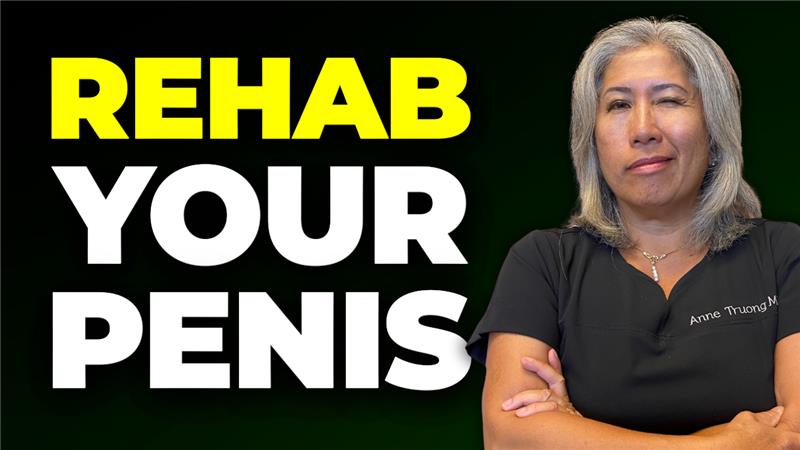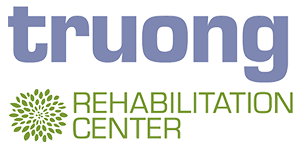To answer that question, we first need to understand how our bodies function.
At the base of our brain rests a small gland called the Pituitary Gland. Despite it’s small size, the Pituitary Gland is the master control unit for other hormonal glands such as Adrenals and Thyroid. They are vital to controlling your body and general well being.
In order to keep a sustainable balance in your body, the Pituitary Gland sends signals (hormones) to the circulatory system which in turn delivers them to other organs and glands in your body. These hormones keep your body strong and healthy but unfortunately, as we age their degree of intensity will start to decline.
Human Growth Hormone (GH or HGH) is one of the hormones produced by the brain’s Pituitary Gland. HGH keeps up body regulation, maintains the digestive system and controls insulin levels. Think of hormones as a tree made up of many protein branches and even more peptide twigs.
Peptides are small proteins made up of fewer than 50 amino acids. When they form a long chain of amino acids, they become proteins. When they are in a short chain of amino acids, they are able to penetrate the top layer of our skin and send signals to our cells to let them know how to function. An example of an important protein in our skin is collagen. Insulin is also a peptide.
How Peptides Work
There are many kinds of peptides, which work on different areas of the body. Specifically, there are peptides that can increase GHRH production from the Hypothalamus to naturally release more Human Growth Hormone.
These Amino Acids stimulate our Pituitary Gland to make and excrete more of Human Growth Hormone into the bloodstream. The boosts in production will assist in potentially lessening the effects of aging. In children and adolescents, it stimulates the growth of bone and cartilage.
In people of all ages, it boosts protein production, promotes the utilization of fat, interferes with the action of insulin, and raises blood sugar levels.
GH also raises levels of insulin-like growth factor-1 (IGF-1), which is important in the development of lean muscle. When there are low levels of HGH, the hypothalamus will release stimulators of HGH called Growth Hormone Releasing Hormones (GHRHs), and when the levels are high it will work to lower production.
Most peptides are injected into the body, but specialists are now developing other methods for introducing peptides into the body like oral troches.
This includes creams which apply to the skin topically (outside of the skin) or transdermally (similar to patches). They can also be applied to the skin inside the mouth or consumed where it is then absorbed into the body.
Like any substance that you know nothing about, they should not be bought online from unregistered suppliers (or borrowed from a friend).
Benefits of Peptides
There is ample and robust evidence supporting the remedial effects of increased Human Growth Hormone.
As discussed by Harvard Men’s Health Watch, some of the benefits include; enjoying protection from fractures, increased muscle mass, decreased body fat, improved exercise capacity and a reduced risk of future heart disease.
A number of studies have also demonstrated improvements in psychological well-being, with specific improvements in energy improved sleep quality (fewer awakenings, increased duration of deep sleep). Moreover, healthcare consumption and sick days decrease in parallel with enhanced psychological well-being.
Peptides can help with weight loss.
“Every man desires to live long,” wrote Jonathan Swift, “but no man would be old.” He was right, and the fountain of youth need not be an illusion.
There are a number of peptides that have been developed to assist the Pituitary Gland in releasing increased amounts of Growth Hormones.
Compared to steroids and testosterone, with their large potential for fast benefits and potential side effects, these are not magic beans that will turn you into a super-athlete overnight. Peptides are more of a medium burn for those of us that know that the body we want is one of lifestyle enhancement, and that the hours at the gym are necessary.
Like most things in life, success takes a little work and any help along the way is appreciated. The right plan and the right peptides can assist your body in doing the things it already does to achieve your desired results.
How do Peptides help me?
In small doses, and within medically approved and prescribed products, peptides can help with your complexion and body functionality.
For instance, Peptide 141 a cyclic Heptapeptide Melanocortin analog, may provide an alternative treatment for ED with a potentially broad patient base.
PT141 or Vyleesi (bremelanotide) was approved by the FDA in February 2019 for the treatment of hypoactive sexual desire disorder (HSDD) in premenopausal women. Because peptides have been designed to stimulate specific receptors for growth hormone, you can tailor your results.
Peptides are also used for increasing energy, burning fat, building muscle and improving athletic ability.
Essentially, they can also be used for muscle gain or weight loss, recovery, reduced inflammation and are at the forefront of lots of new individual specific treatments for a range of disorders.
Peptides Side Effects
They can have potentially serious side effects, so you should consult your doctor before even considering their use.
Used incorrectly, peptides have the potential to cause side effects of varying degrees depending on the user.
These can include:
- Itchiness at the injection area
- Increased water retention (a common sign of overdosage)
- Increased hunger
- Dry mouth
- Tingling or numbness
- High blood pressure
- Extreme kidney pain
- Joint pain
- Darkening of moles and increase of freckles
- Weight gain/loss
- Decreased fertility
To find out if peptide therapy is right for you, contact our office at 540-374-3164










